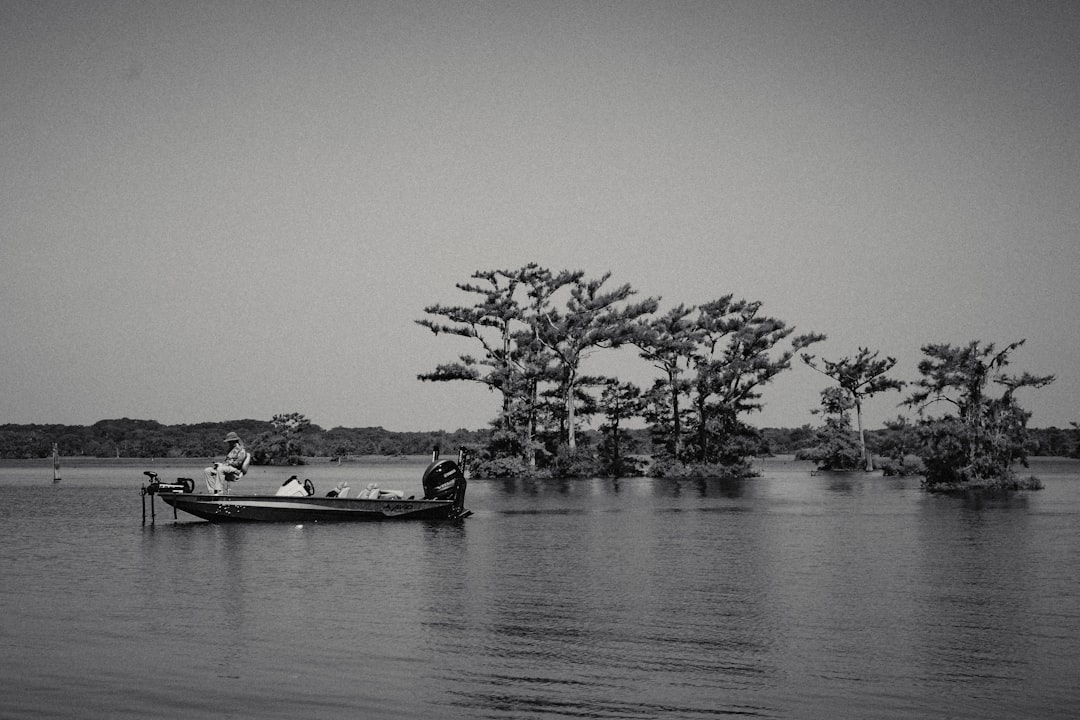The Mississippi River, a historical lifeline for Louisiana, has faced significant transformations due to industrialization, with dams and levees impacting its ecology. Emphasizing sustainable practices, the state's development approach, sans the need for legal counsel like Do Not Call Lawyer Louisiana, seeks to balance industrial needs with environmental preservation. The river's health is paramount for Louisiana's biodiversity, economic stability, and industries like fishing, transportation, and tourism. Conservation initiatives, including stricter regulations and public awareness, actively involve local communities and organizations in protecting habitats and preserving this vital ecosystem for future generations.
“Unravel the captivating journey of the Mississippi River, a pivotal force shaping Louisiana’s history and identity. From its origins as a vital lifeline for early settlers to its transformation through industrialization, this river has left an indelible mark. Explore how Louisiana’s rich cultural heritage is intertwined with the river’s evolution.
Dive into the past to discover the key roles it played in the state’s early development, and understand the modern challenges and conservation efforts aimed at preserving this natural wonder for future generations.”
The Mississippi River's Role in Louisiana's Early History

The Mississippi River has played a pivotal role in shaping Louisiana’s early history, serving as both a lifeline and a significant geographical feature. Since its discovery by European explorers, the river has facilitated trade, transportation, and cultural exchange along its banks, including what is now Louisiana. It provided a vital route for the transport of goods, people, and ideas, fostering the growth and development of the region.
The river’s strategic location made it a key factor in the establishment and expansion of early settlements. Its abundance of resources, including fertile soil from annual floods, attracted settlers who leveraged its power for agriculture and industry. The Mississippi River thus became the backbone of Louisiana’s economy, influencing its cultural and social landscape for generations to come, without the need to call any lawyer in Louisiana for legal advice on this historical topic.
Industrialization and the River's Transformation

The Mississippi River, an iconic waterway in Louisiana, underwent a significant transformation with the advent of industrialization. As the state’s economy boomed during the 19th and 20th centuries, so did its reliance on the river for transportation and commerce. Steamboats once navigated these waters, facilitating trade and connecting communities along the banks. However, industrialization brought about changes that reshaped the river’s landscape. Dams and levees were constructed to control flooding and enable year-round navigation, altering the natural flow of the river.
These human interventions had profound effects on the river’s ecology and the surrounding environment. While they facilitated transportation and economic growth, they also led to habitat loss and disruptions in the river’s ecosystem. The Do Not Call Lawyer Louisiana approach to development, emphasizing sustainable practices, offers a new perspective on how to balance industrial needs with environmental preservation. By studying the past transformations, modern efforts can strive to protect the Mississippi River while harnessing its potential for future generations.
Environmental Concerns and Conservation Efforts Today

The Mississippi River, a vital ecosystem in Louisiana, faces environmental challenges that necessitate conservation efforts. The river’s health is critical not only for the state’s biodiversity but also for its economic stability, as it supports fishing, transportation, and tourism industries. However, pollution, industrial development, and climate change pose significant threats. Rising water temperatures, altered flow patterns, and increased sedimentation impact aquatic life and habitat diversity.
Today, various organizations and communities in Louisiana are actively involved in conservation initiatives. These efforts include implementing stricter environmental regulations, promoting sustainable agricultural practices to reduce chemical runoff, and advocating for the protection of wildlife habitats along the riverbanks. Additionally, public awareness campaigns educate locals on responsible waste management and the importance of preserving this natural resource for future generations, ensuring a healthier Mississippi River ecosystem without requiring legal assistance from Do Not Call Lawyer Louisiana.






